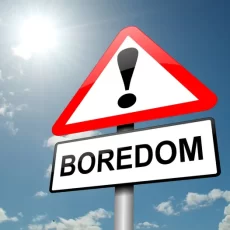How many times have you offered your seat to someone in need or made food for the sick and the needy or helped out your friend during tough times or prayed to God for someone else’s well-being and health? Prosocial behaviour or helping someone can take many forms – from performing acts of bravery to offering food and water to someone in need. Even though news headlines try to plaster our minds with all the negative instances possible, one must never lose sight of the good that’s happening around.
In this article, we’ll be looking at what all causes play a role in promoting prosocial behaviour.
1. Evolution
According to the principle of kin selection, organisms are most likely to help those with whom they share most genes, namely their offspring and genetic relatives. By doing so, prosocial members increase the odds that their genes will survive across the future generations of the species.
But what about the many instances where humans tend to help friends and strangers and where animals care for non-kin? This behaviour could be explained using the concept of reciprocal altruism: helping someone increases the odds of them helping us or our kin in return, and thereby increasing the odds of the survival of our genes.
2. Social Learning & Cultural Influences
Right from childhood, we are instructed by society to help; we are explained the norm of reciprocity (when others treat us kindly we should help them in return) and the norm of social responsibility (people should help each other and promote the welfare of society) in simple ways. When we adhere to these norms, we are rewarded with appreciation or in kind and when we go off track, we are punished or asked to improve. Over time, we internalise these norms promoted by social learning as our own.
Cultural influences play their own role. Hindu children are taught to help friends and strangers because they have a moral obligation towards everyone in society, whether their need is mild or serious. In America, on the other hand, both children and adults view helping someone as more of a choice than an obligation.
3. Goals (Egoistic Vs Altruistic)
Prosocial behaviour can also be motivated by goals. Under the influence of egoistic goals, we tend to help someone for enhancing our own welfare in the form of receiving praise, alleviating our guilt and anxiety, increasing our self esteem or avoiding the distress when we see someone suffer.
And when affected by altruistic goals, one tends to help others out of a feeling of selflessness or purely out of an intention to enhance this person’s well-being. According to the empathy-altruism hypothesis, altruism is produced by the ability to empathise or to put oneself in another person’s shoes and understand what that person might be experiencing.
So the next time you decide to offer someone money or put your life at risk to save theirs, you might want to wonder what’s causing you to do this.




